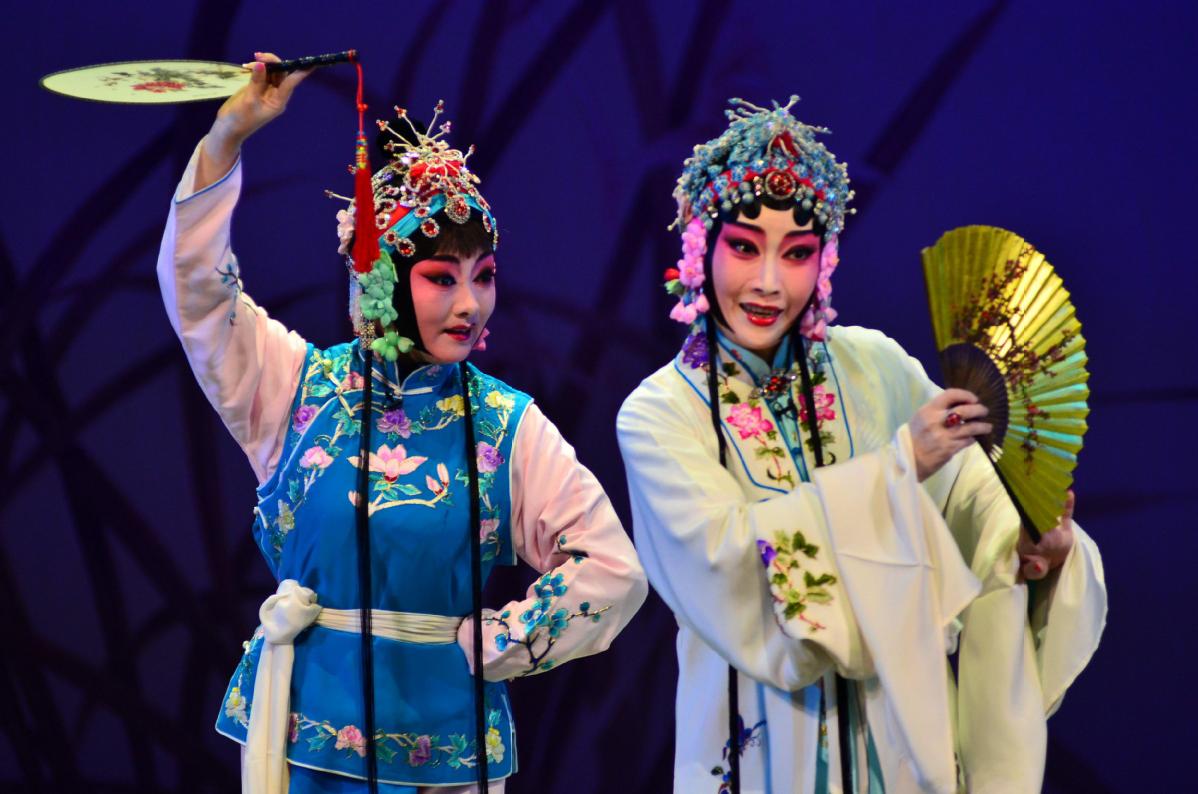The webseries “A Dream of Splendor” is a hit, but its female characters come off as trite cutouts relative to the show’s 700-year-old source material.
Based on ratings and online buzz alone, the costume drama “A Dream of Splendor” could wind up being the summer’s most talked about new show. Part of that can be chalked up to a big-name cast featuring Liu Yifei of Disney’s “Mulan,” but the series’ producers have also attributed the show’s success to its roots in China’s literary tradition — specifically the Yuan dynasty (1271-1361) playwright Guan Hanqing’s opera “Rescuing a Courtesan.”
Sandwiched between the poetry of the Tang and Song dynasties on the one hand, and the boom in vernacular literature of the Ming and Qing on the other, the Yuan has long been the odd dynasty out in China’s literary canon. That is especially true of zaju, a kind of musical comedy popular during the Yuan. The genre differs so drastically from contemporary plays in its format that even the work of masters like Guan are rarely staged today.
So, it’s a shame that the producers’ boast is misleading at best. A true adaptation of Guan’s play would be fascinating, but about the only thing the first eight episodes of “A Dream of Splendor” take from “Rescuing a Courtesan” are the names of its heroines, Zhao Pan’er and Song Yinzhang; its tame, fairy tale-esque romance could not be further from Guan’s more transgressive original.


